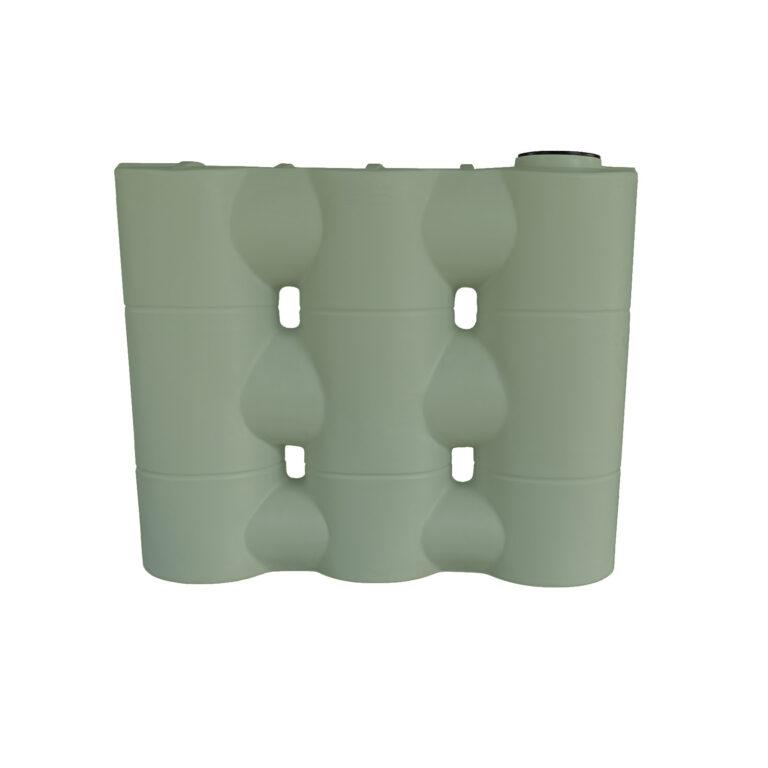Discover the Relevance of Rainwater Storage Tanks for Lasting Water Preservation Initiatives
In the realm of lasting water conservation, the usage of rain tanks stands as a critical method that benefits closer assessment. The importance of rainwater storage tanks goes beyond simple storage space; it symbolizes an aggressive strategy in the direction of ecological stewardship and source monitoring. By checking out the multifaceted advantages of rain harvesting, a profound understanding of its possible effect on water preservation efforts emerges. Through a lens of usefulness, environmental consciousness, and common well-being, the assimilation of rainwater storage tanks introduces a tapestry of interconnected benefits that prolong far past the surface area.
Benefits of Rain Tanks
Making use of rainwater containers supplies a functional service for lasting water monitoring by harnessing nature's resources successfully. Rain storage tanks collect and keep rainwater that drops on rooftops, which can then be used for numerous non-potable objectives, such as irrigation, washing clothing, purging bathrooms, and even for some drinkable uses with correct treatment. Among the crucial advantages of rainwater storage tanks is the decrease of need on keys water system, especially during completely dry periods or dry spells.
Ecological Impact of Rain Harvesting
Rainwater harvesting via the use of containers provides a lasting water management technique with positive environmental ramifications. By catching rainwater, this approach aids lower the need for keys water supply, thus reducing the burden on water treatment plants and reducing energy consumption linked with water distribution.
Additionally, rain harvesting promotes water preservation and decreases dependence on limited water resources. It lessens air pollution in water bodies by diverting rainwater away from smooth surface areas where it could get contaminants prior to going into waterways. Implementing rain storage tanks also reduces the pressure on ecological communities by minimizing the removal stress on rivers and streams. Generally, the ecological effect of rain harvesting highlights its value ahead of time lasting water monitoring techniques.
Rain Containers for Residential Usage
Having highlighted the environmental benefits of rain harvesting, the emphasis currently shifts to the practical application of rainwater tanks for domestic water conservation (Slimline water tanks). Rainwater storage tanks play a vital role in domestic water management by catching and keeping rainwater that drops on the roofing of a home. These containers can range in size and material, supplying property owners versatility in choosing a system that fits their demands
Among the key benefits of utilizing rain tanks in residential settings is the decrease in dependence my blog on mains supply of water. By collecting rainwater for non-potable usages such as sprinkling yards, cleaning cars, purging toilets, and doing washing, houses can considerably lower their overall water consumption and energy expenses. Additionally, rain is normally cost-free from the chemicals discovered in treated water, making it a more suitable option for particular family tasks.
In addition, rain harvesting systems can help minimize urban flooding and erosion by lowering stormwater runoff. By recording rainwater in tanks, less water streams into storm drains pipes, lowering the strain on community drainage systems during hefty rains. Overall, integrating rain tanks into property properties adds to sustainable water preservation initiatives and promotes self-sufficiency in water monitoring.

Economic Advantages of Making Use Of Rain Storage Tanks
The financial benefits related to the application of rain tanks in household and commercial setups are significant and diverse. One of the primary financial advantages of using rain containers is the reduction in water bills. By gathering and keeping rainwater for various non-potable uses such as watering, bathroom flushing, and washing, home proprietors can dramatically decrease their reliance on mains water, bring about significant expense financial savings over time.
Furthermore, the setup of rainwater containers can raise home value. In today's environmentally mindful market, properties furnished with lasting attributes like rainwater harvesting systems are typically more eye-catching to possible customers, regulating higher market price and faster sale times.
Furthermore, rain tanks can aid companies and homeowners alleviate the influence of water limitations and varying water prices. By having a supplementary water resource during droughts or durations of enhanced water prices, individuals and companies can better handle their water-related costs and keep operational connection. Generally, the financial advantages of utilizing rain storage tanks make them a sensible investment for long-term cost savings and sustainability.
Neighborhood Sustainability With Rain Collection
Taking into consideration visit this site the more comprehensive effect beyond individual advantages, the combination of rainwater collection systems in communities plays a vital duty in cultivating environmental sustainability and resource management. Area sustainability through rain collection initiatives not just aids in decreasing the stress on metropolitan water resources but additionally helps in alleviating the impacts of urbanization on neighborhood water systems. By setting up rainwater containers in public structures, parks, and common areas, neighborhoods can reduce their dependence on central water sources, resulting in a much more resilient water during dry spells or emergencies.
Additionally, community-level rainwater harvesting cultivates a feeling of cumulative duty in the direction of water preservation. It urges locals to actively join sustainable practices, promoting awareness regarding the relevance of water preservation and environmental stewardship. Slimline water tanks. Through curricula and outreach efforts, areas can empower people to make informed selections concerning water usage and administration, leading the way for long-lasting environmental sustainability. Ultimately, community sustainability via rain collection not just profits today generation but also ensures a more sustainable future for generations ahead.

Conclusion
